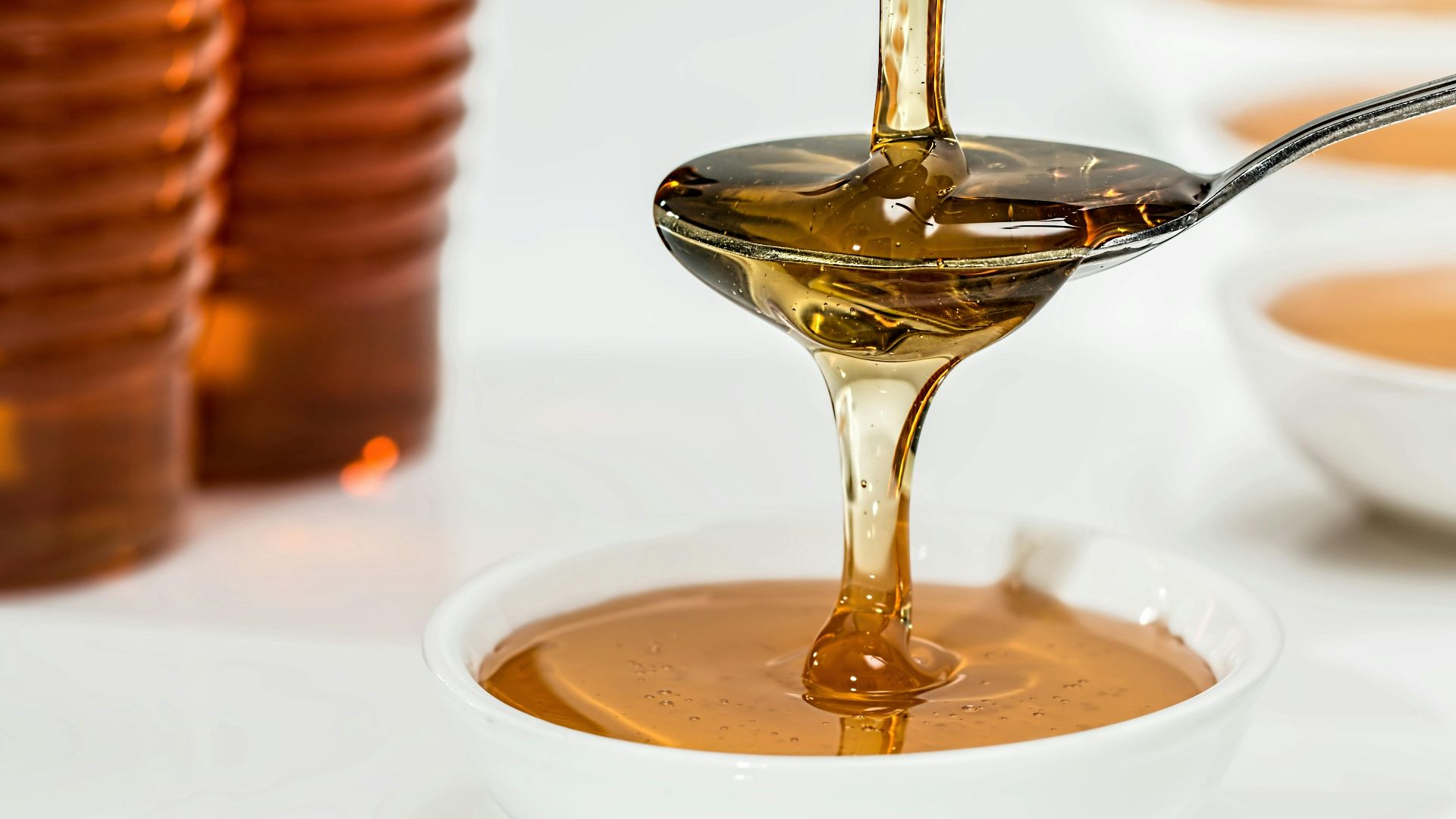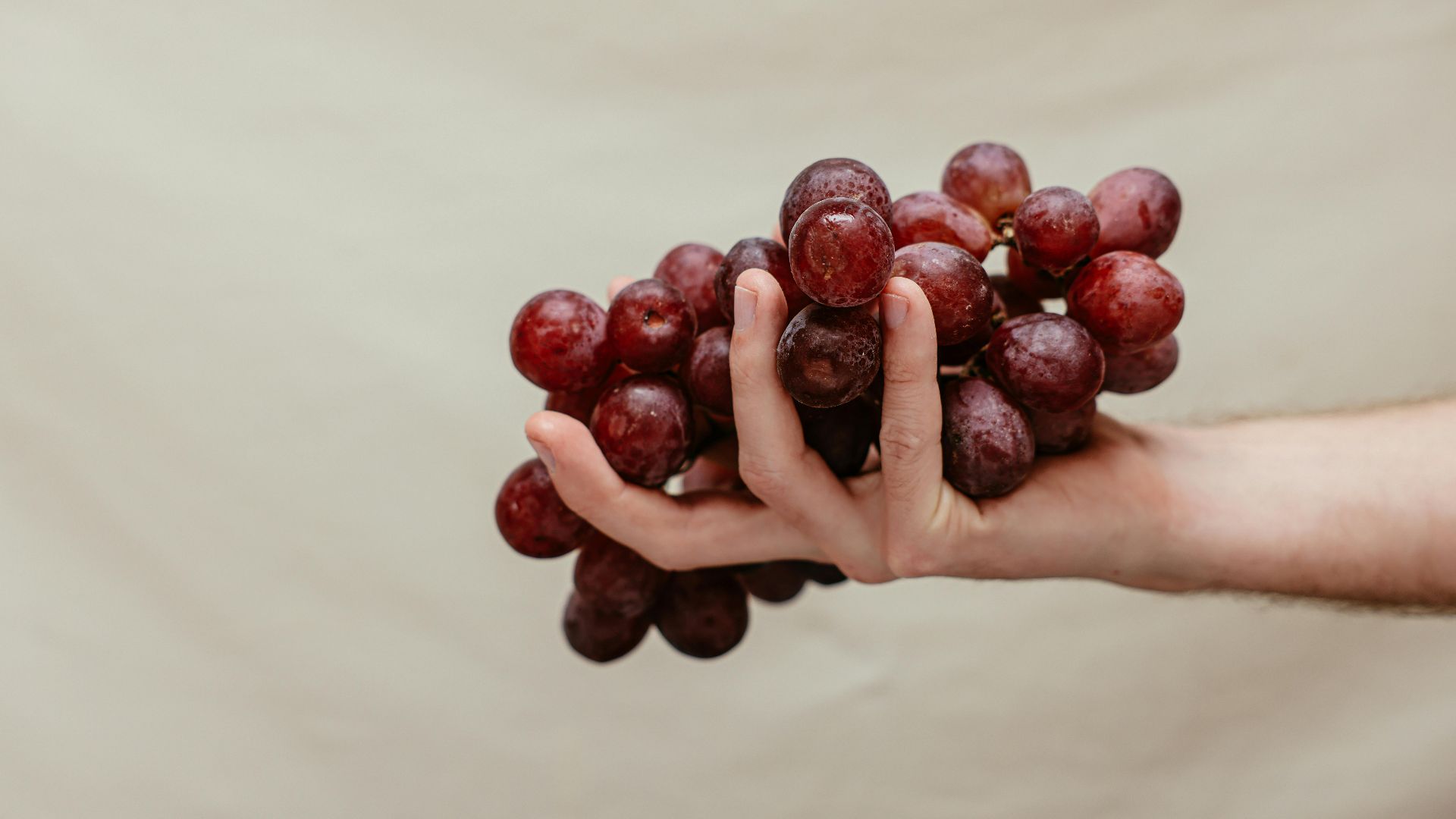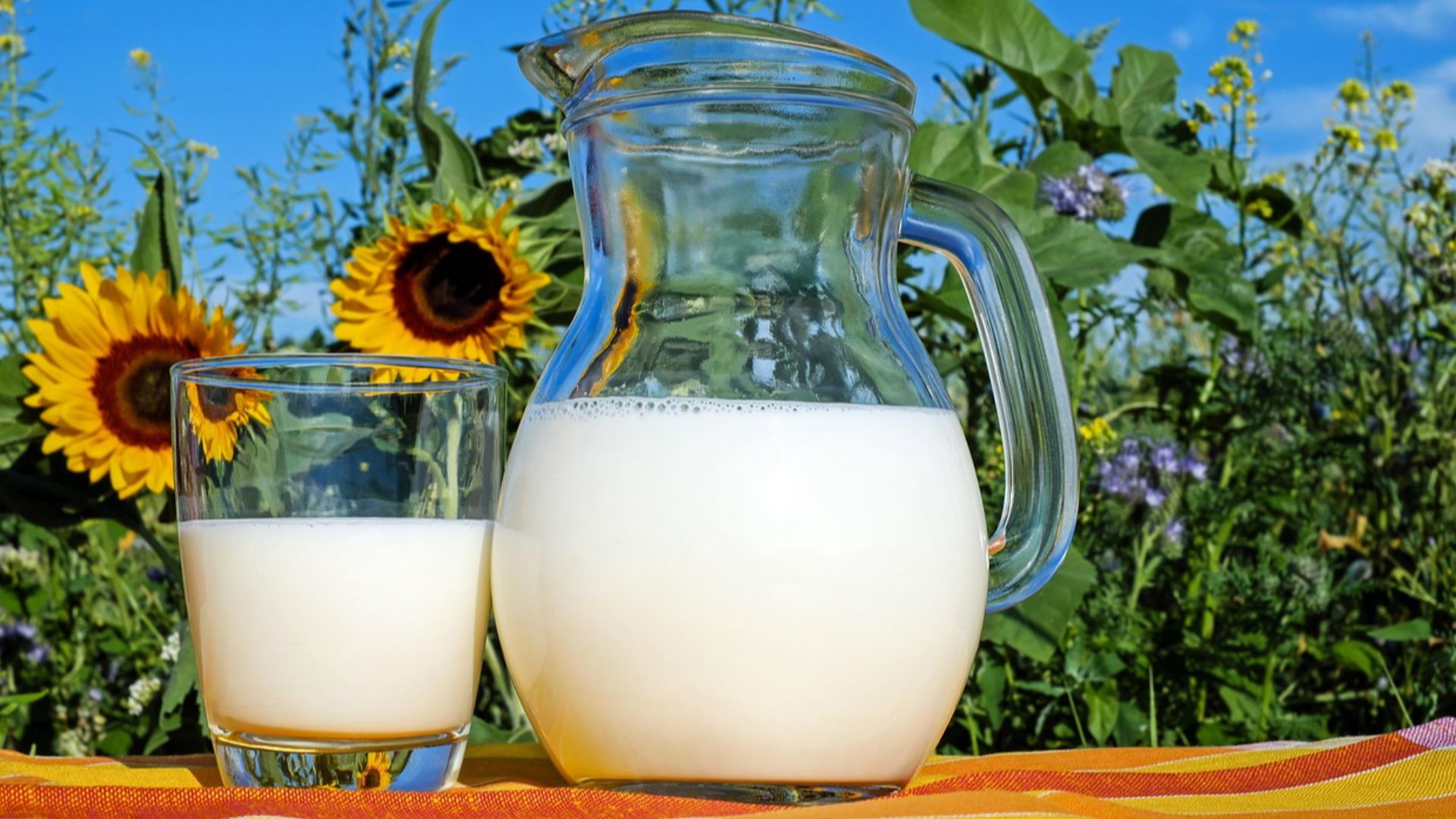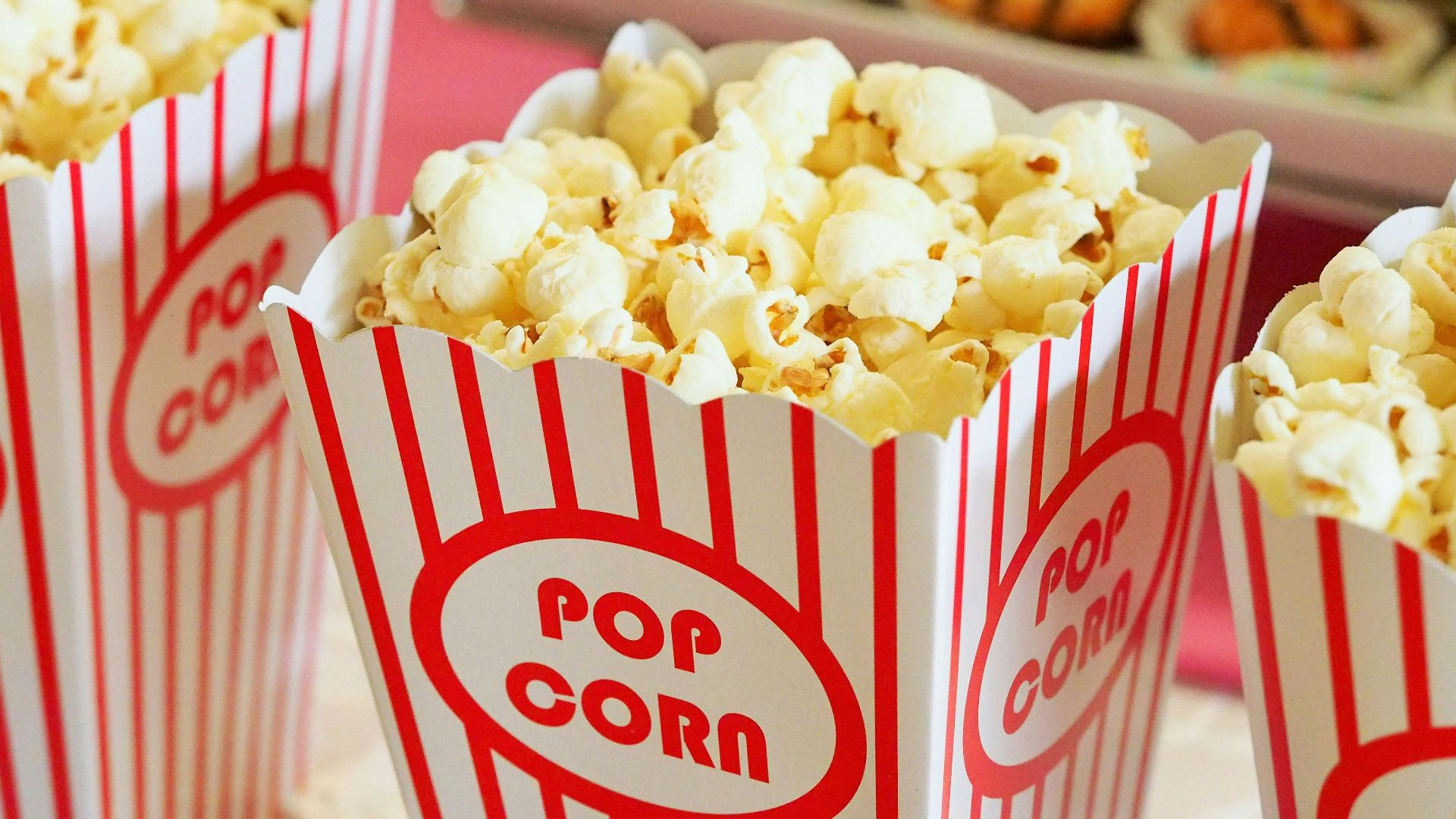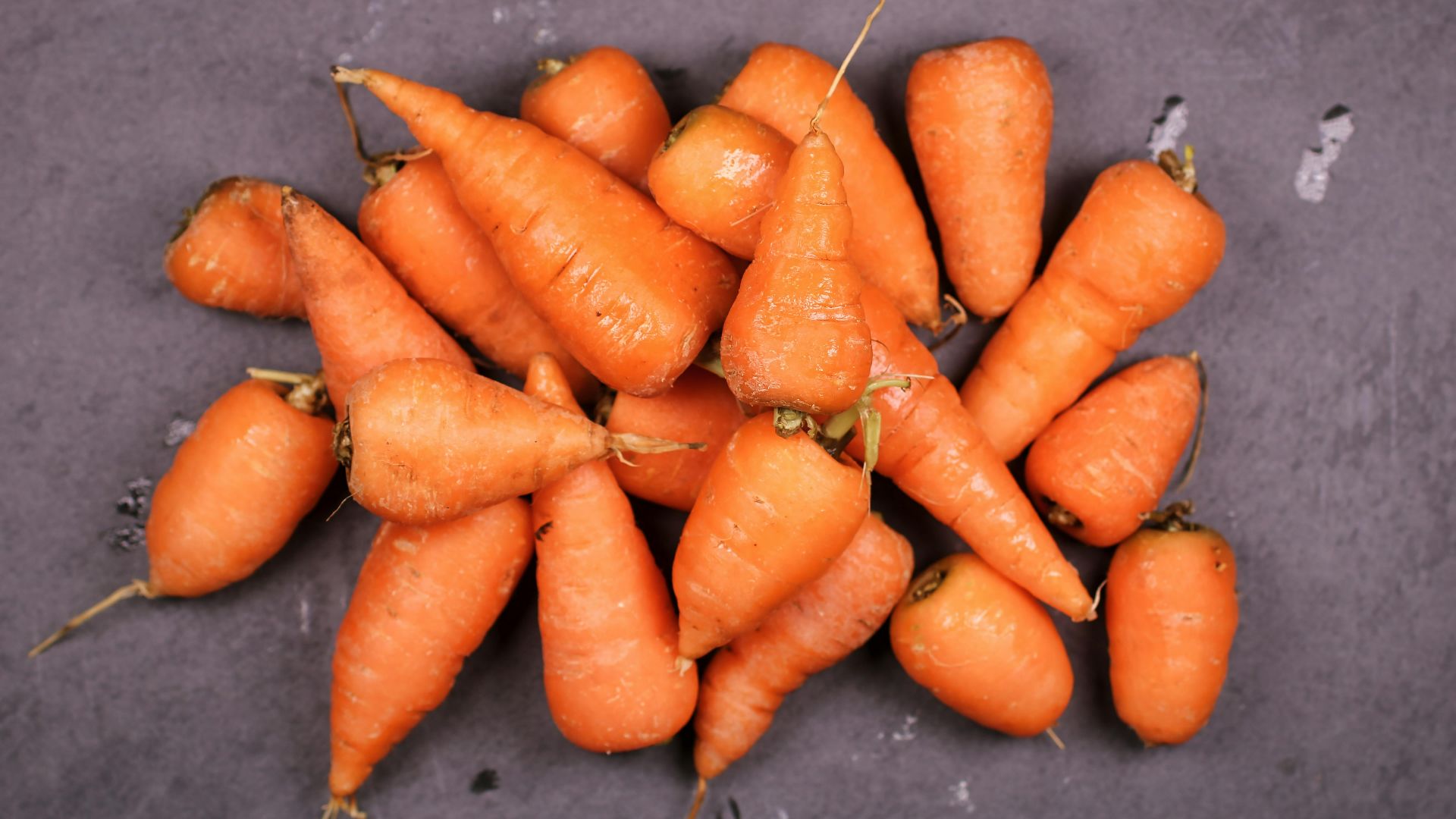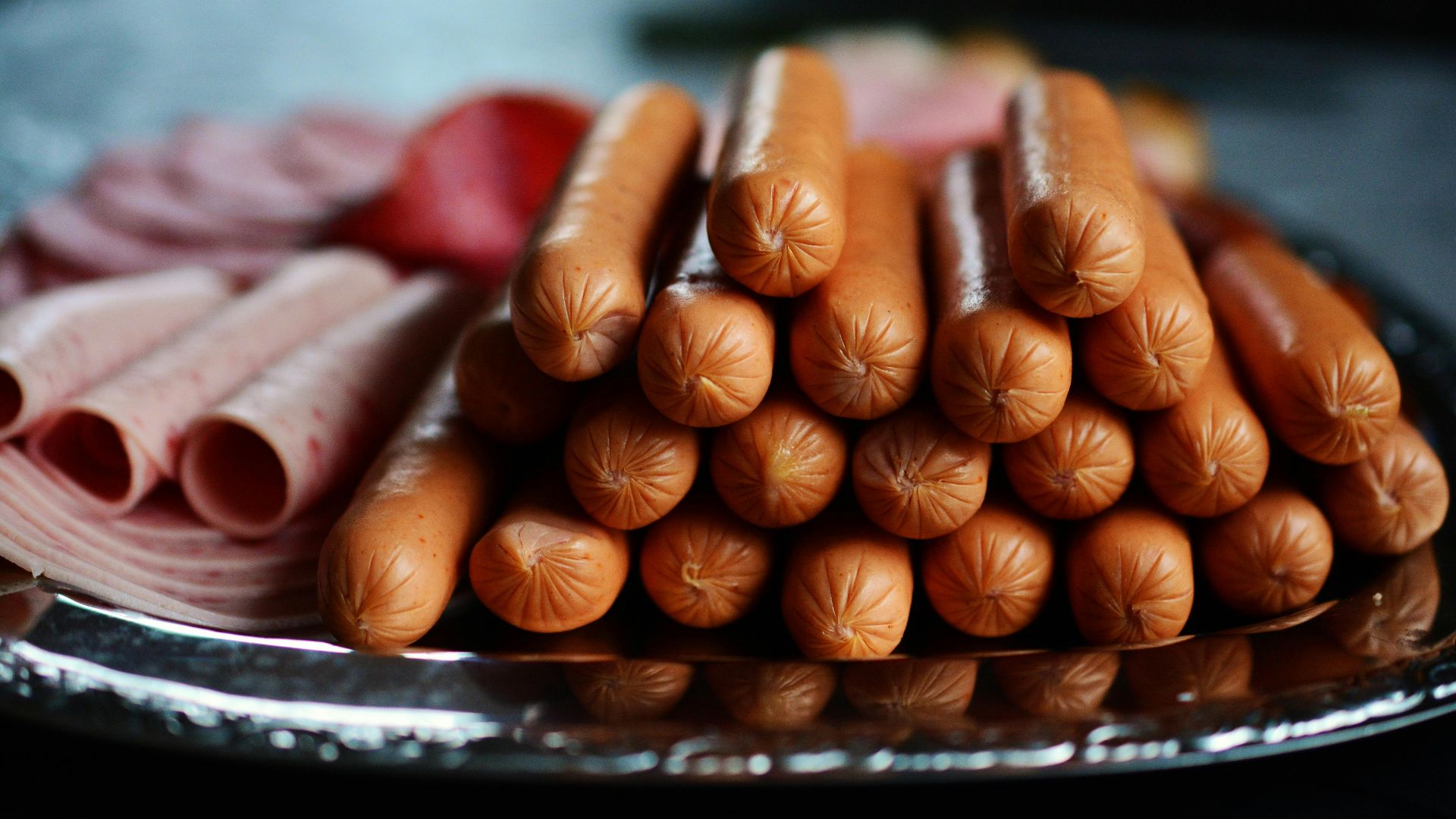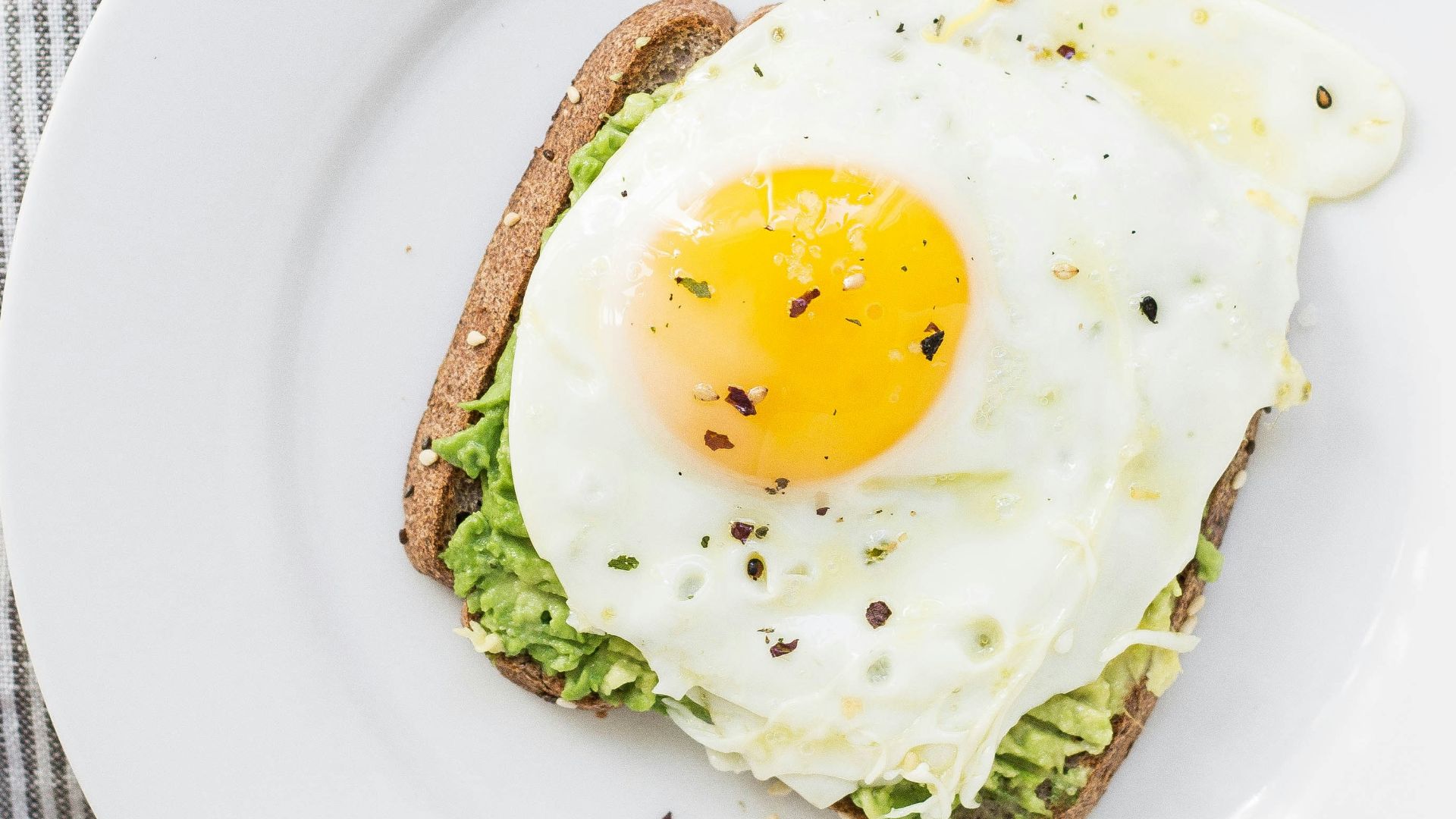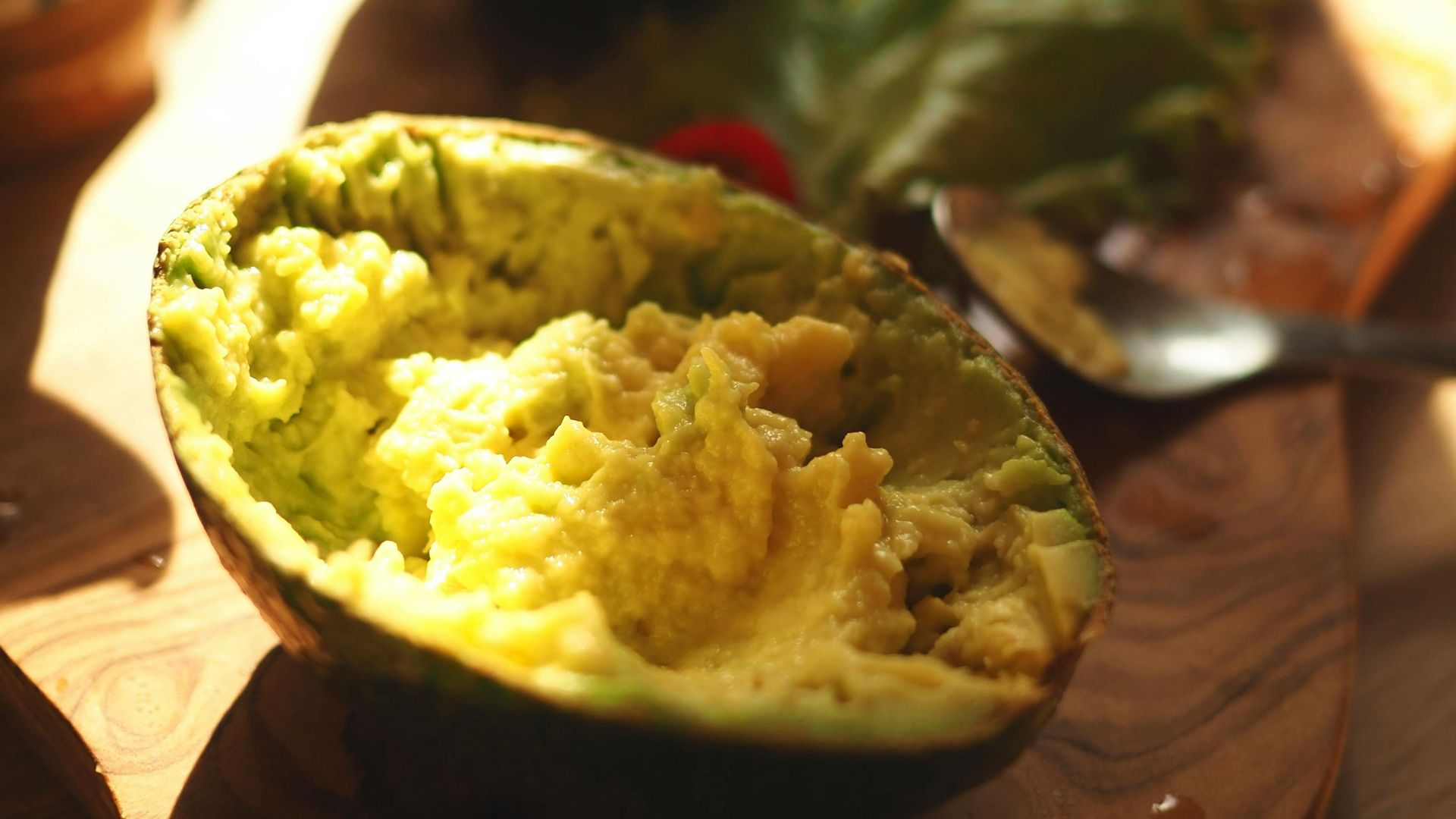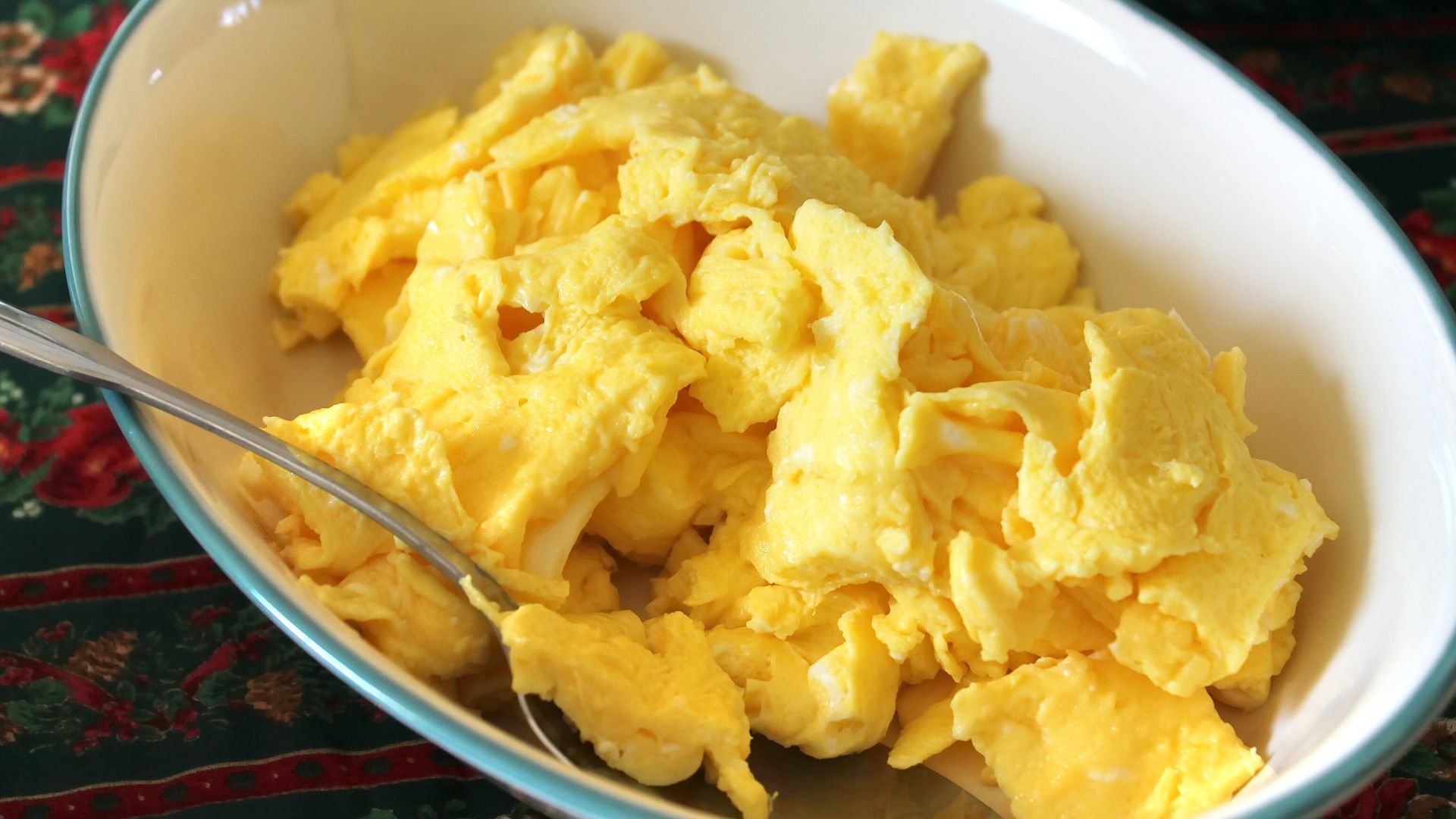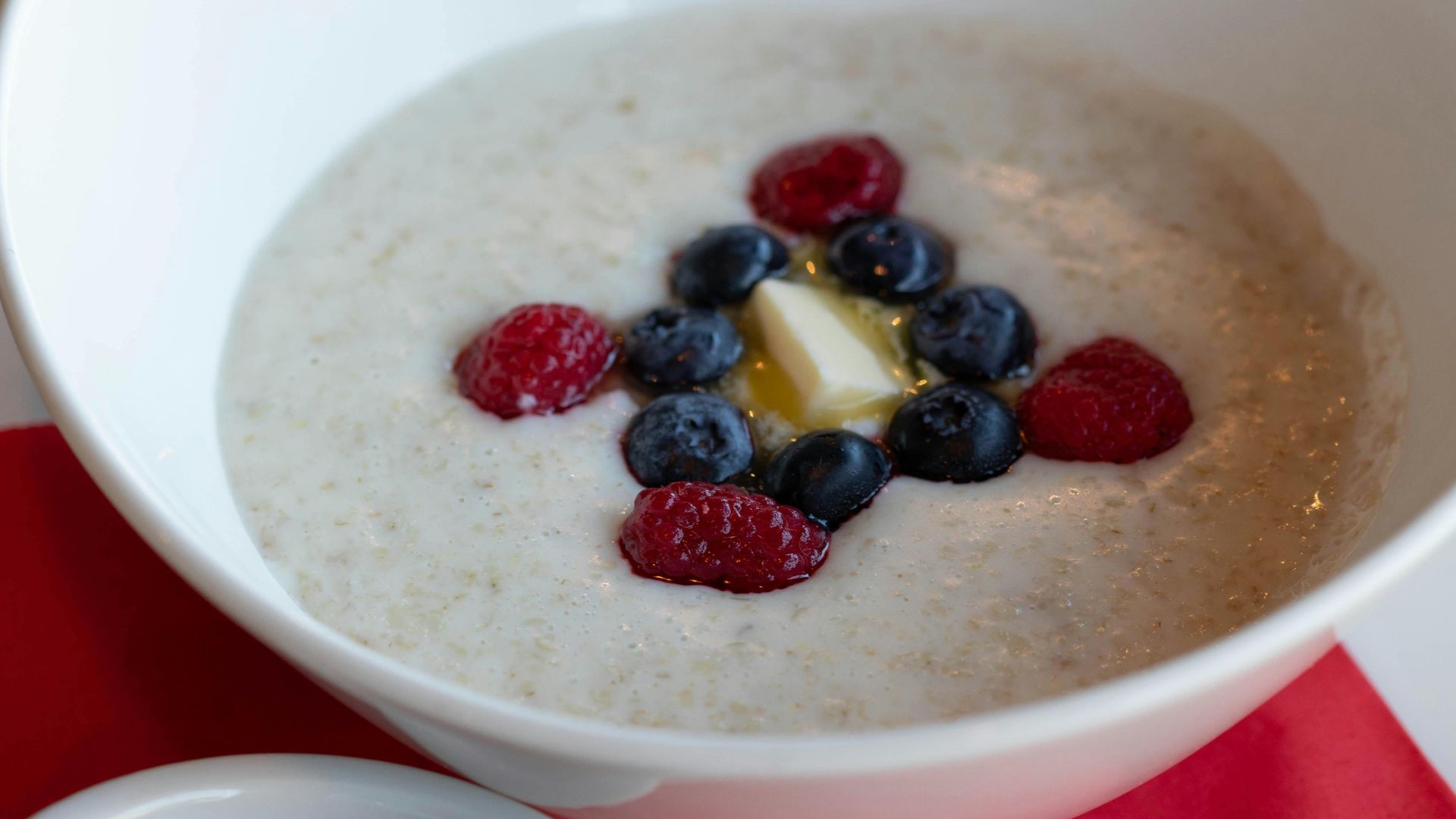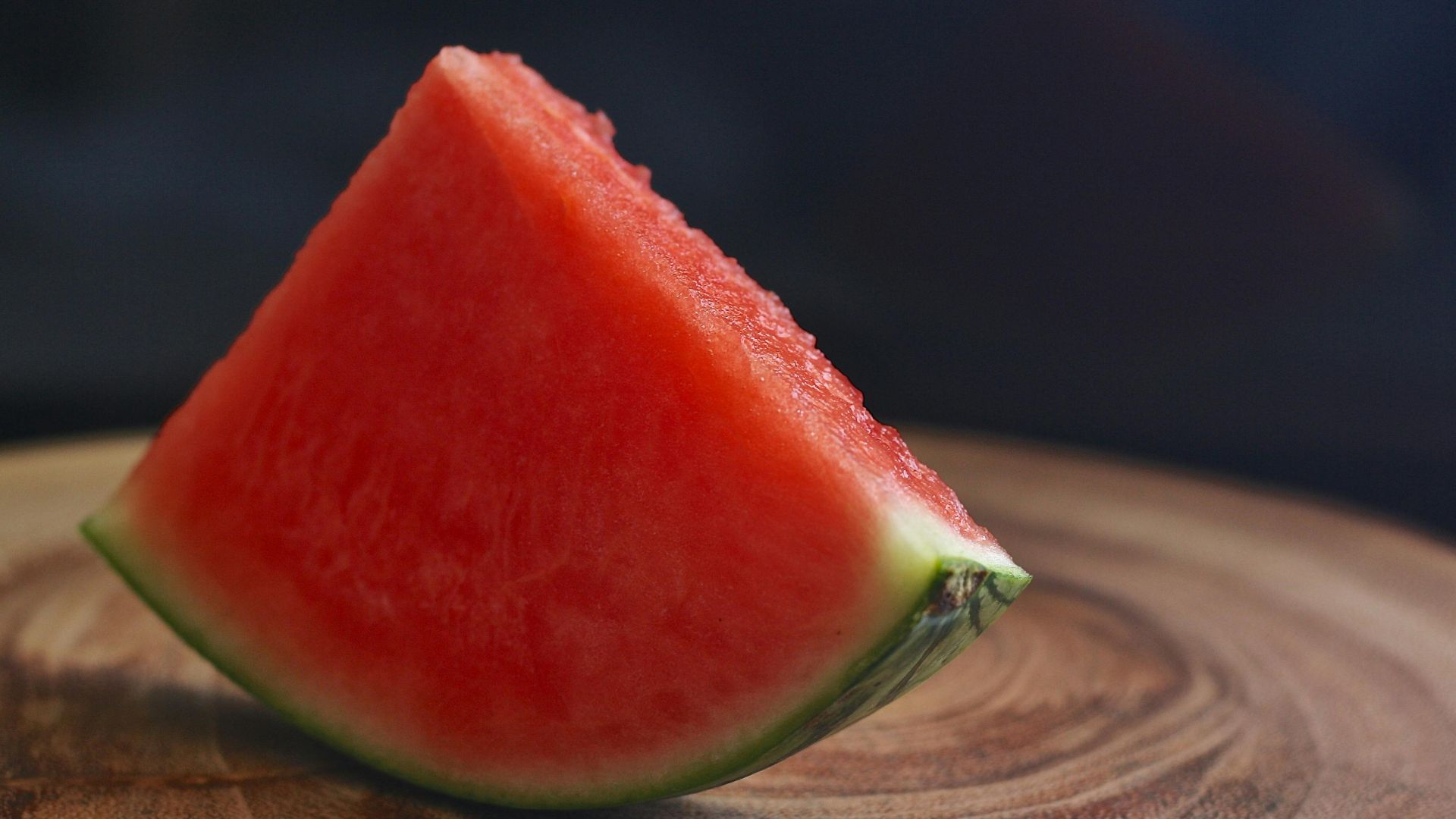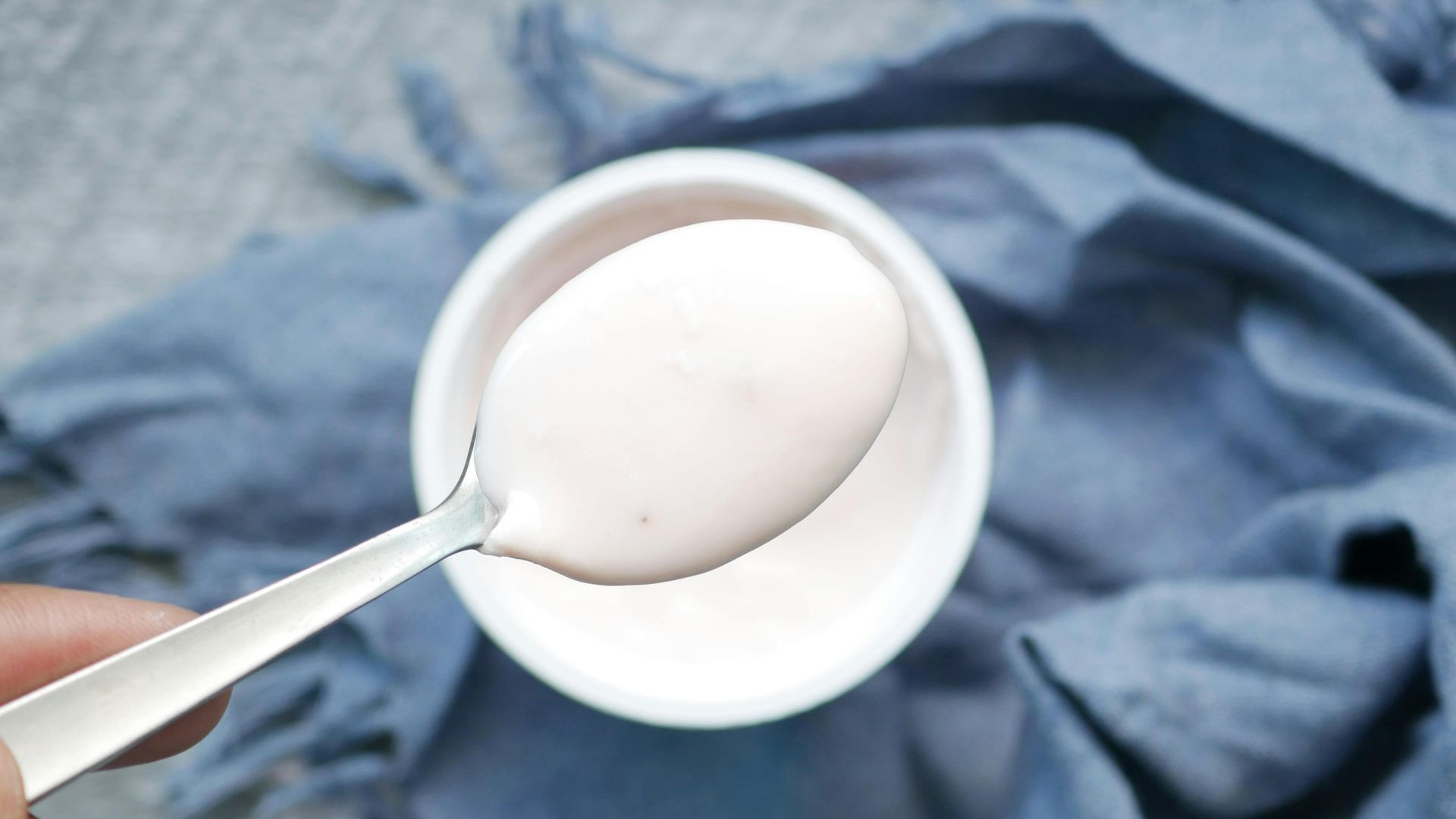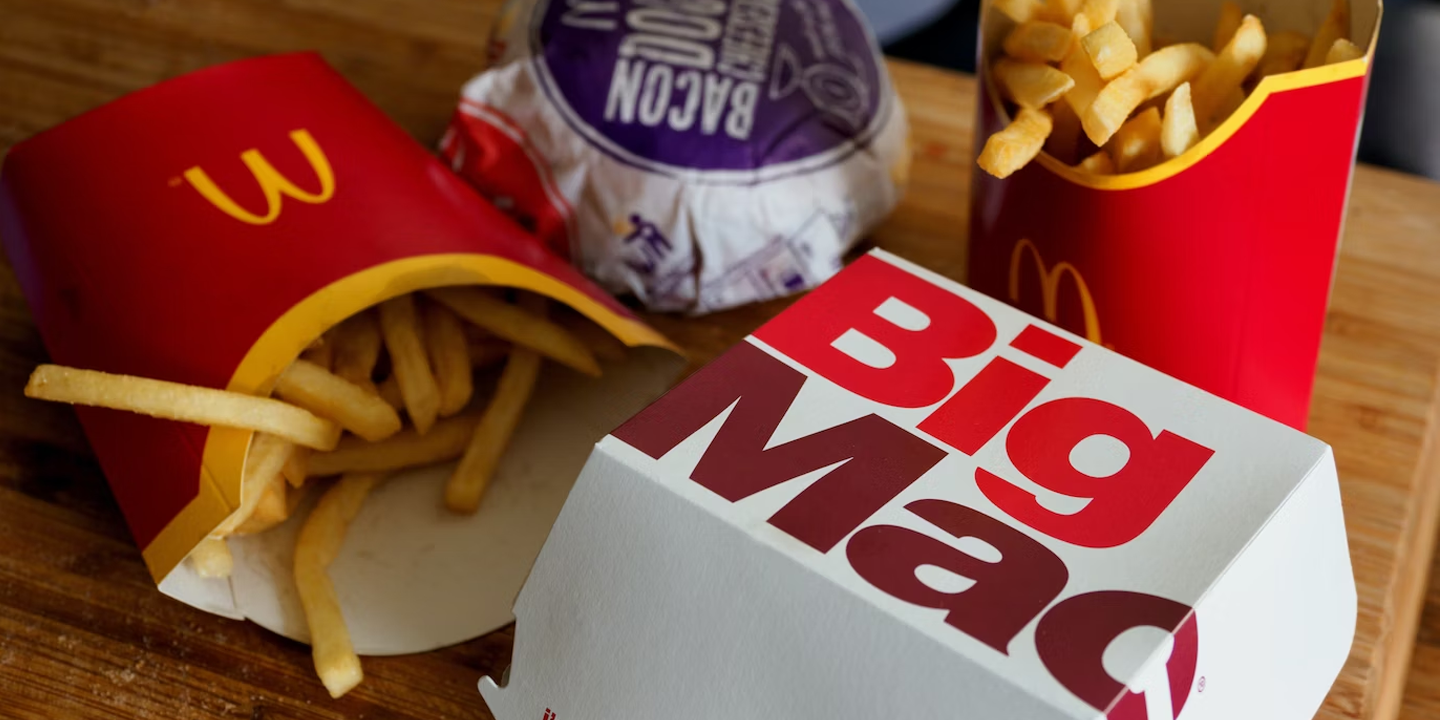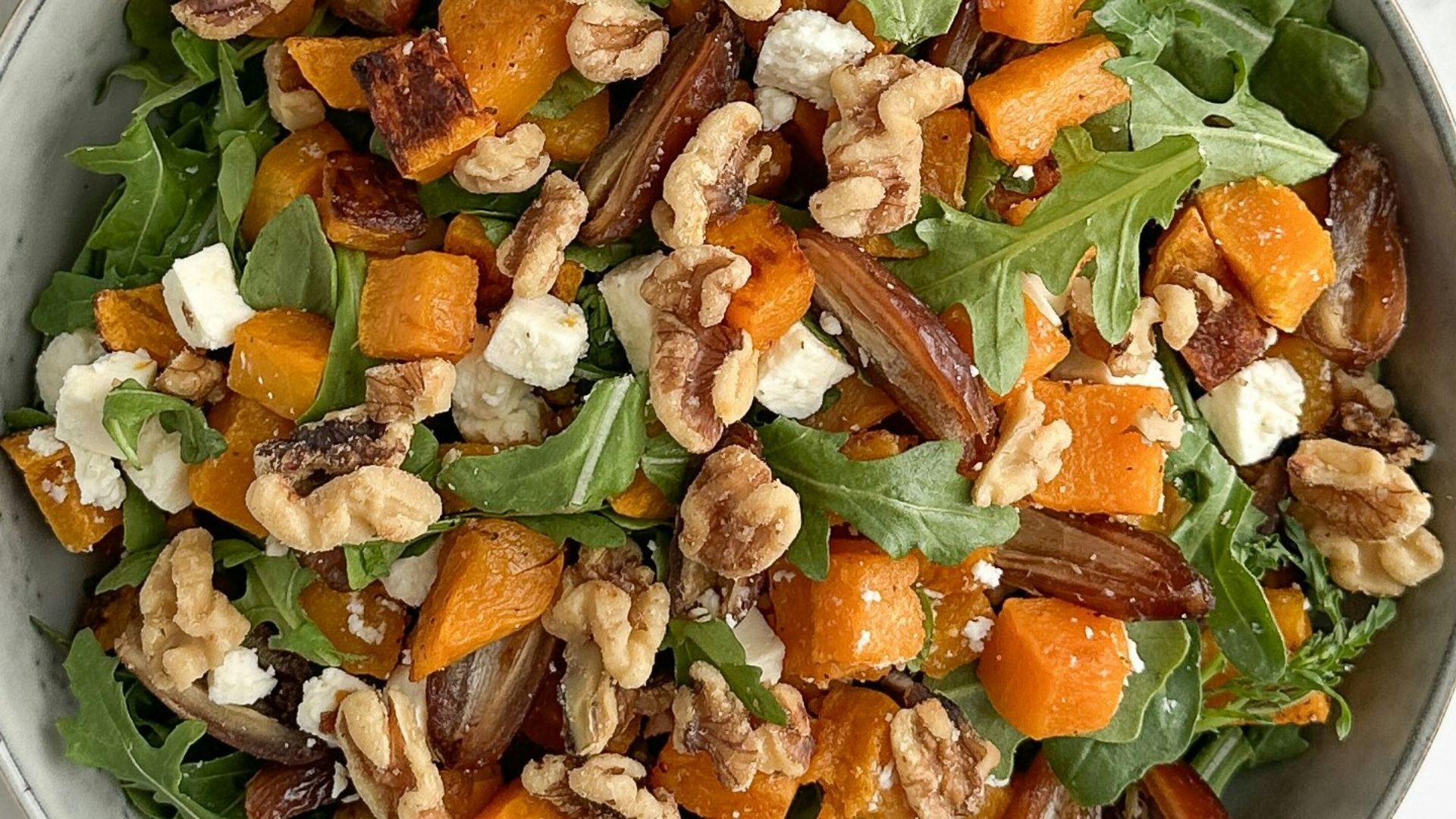10 Dangerous Foods To Never Feed Your Baby & 10 Options To Consider Instead
10 Dangerous Foods To Never Feed Your Baby & 10 Options To Consider Instead
Tiny Bites, Big Risks
Weaning a child comes with challenges because their tiny stomachs and fragile immunity require extensive caution in feeding choices. They are also susceptible to choking hazards and tummy troubles, so some foods are better left untouched until your baby gets older. To help you pick the safest baby foods, we’re here with a list of ten foods to skip and ten healthier options to include.
1. Honey
Honey can harbor spores of Clostridium botulinum—a bacteria that produces a toxin harmful to babies under one year. Their immature digestive systems can’t fight it off, potentially leading to infant botulism. So, stick to fruit-based purée for sweetness.
2. Whole Grapes
They seem harmless, but whole grapes are the perfect size and texture to block a baby’s airway. Even peeled, they’re slippery and risky. Always slice grapes lengthwise into quarters—or better yet, skip them until your child has mastered chewing and swallowing solid foods with ease.
3. Cow’s Milk (Before Age 1)
Your baby’s body isn’t ready to handle the proteins and minerals in cow’s milk during the first year. It can irritate their kidneys and even cause iron-deficiency anemia. Breast milk or formula provides all the nutrition they need.
4. Popcorn
It’s crunchy, salty, and super fun—but not for your little one. Popcorn’s uneven shape, hard kernels, flakes, and unpredictable texture make it a top choking hazard for toddlers. Save this movie-night snack for later and try puffed rice or soft veggie sticks.
5. Peanut Butter (Chunky Or Thick Globs)
While peanut exposure is encouraged early to reduce allergy risk, thick or chunky peanut butter can get stuck in your baby’s throat. It’s sticky and hard to swallow safely. If you’re introducing peanuts, smooth out that peanut butter with warm water or breast milk.
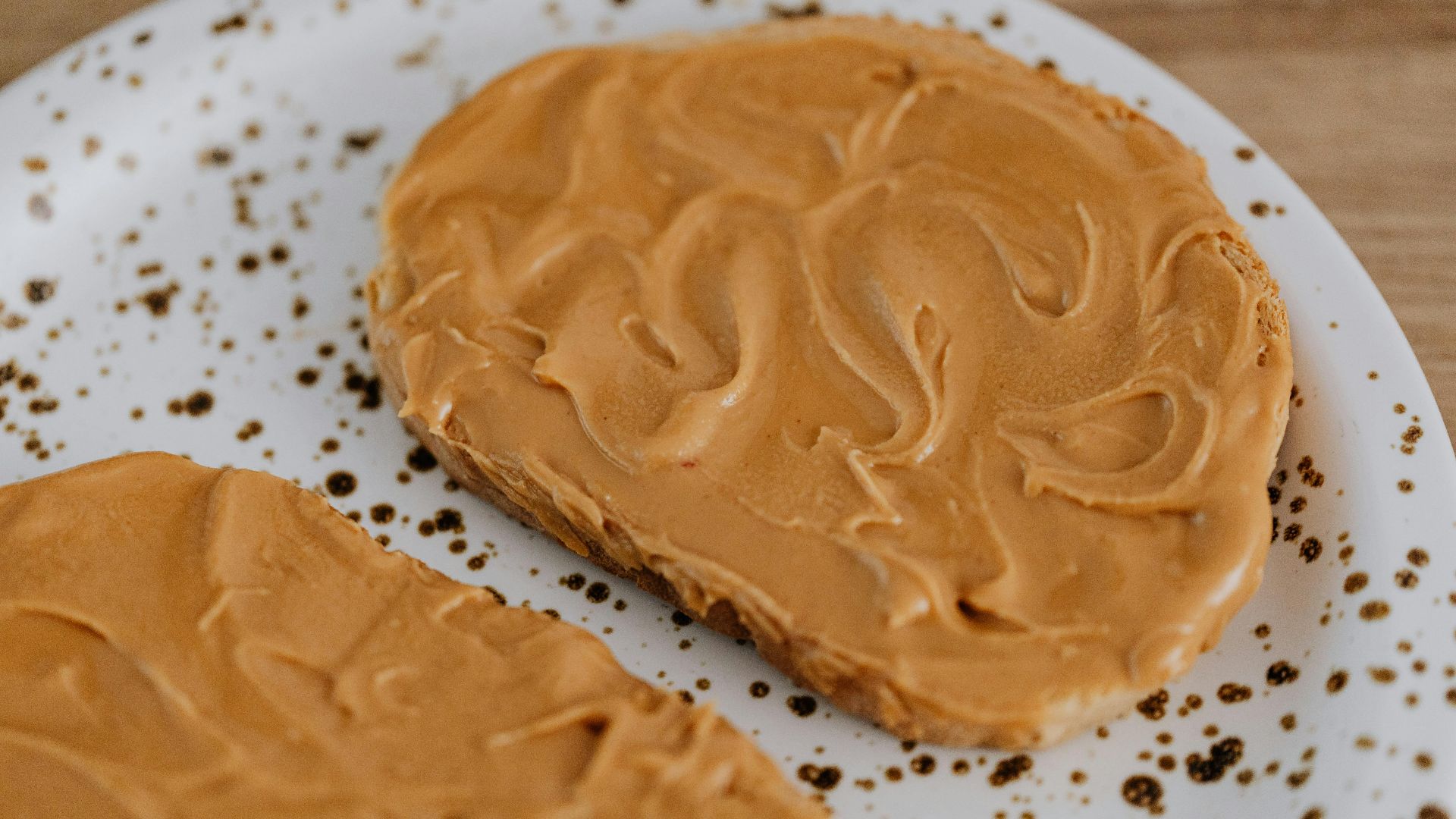 Photo By: Kaboompics.com on Pexels
Photo By: Kaboompics.com on Pexels
6. Raw Carrots
Carrots may be nutritious, but in raw form, they’re dangerous for babies. Their firmness can turn even tiny pieces into airway blockers. Without molars or strong jaw control, babies can’t break them down safely. This makes them one of the most deceptively risky first foods.
7. Hot Dogs
Round hot dogs become airway obstruction time risks. Their rubbery texture and round shape make them hard to chew and easy to inhale. For a baby whose swallowing and chewing skills are still developing, foods that need more chewing are unsafe.
8. Unpasteurized Juices Or Dairy
Unpasteurized products can contain dangerous bacteria like E. coli or Salmonella. An infant’s immune system isn't strong enough to handle these invaders. So, always check labels and choose pasteurized options, or use a water/breast milk formula.
9. Nuts (Whole Or Hard)
Whole nuts might seem small, but they’re one of the most dangerous choking hazards for babies. Their dense texture and round shape make them nearly impossible for little mouths to manage. Even a single nut can block the airway before a caregiver has time to react.
10. Egg Whites (Before 12 Months)
Eggs are a great protein, but the whites can trigger allergic reactions in babies under one. Experts recommend offering fully cooked yolks first and waiting until after the first six months to introduce whole eggs. When you do, start slow and monitor for any signs of a reaction.
Now that we’ve cleared the high-risk culprits off the menu, it’s time to fill the plate with safer, nourishing choices. These 10 baby-friendly foods pass the safety test.
1. Mashed Banana
Naturally sweet and easy to digest, mashed banana is a baby favorite for good reason. It’s rich in potassium and gentle on tiny tummies—no need for added sugar or seasoning. Just wash, peel, mash with a fork, and serve.
2. Steamed Carrot Sticks
Swap raw crunch for soft, baby-safe bites. Steamed carrot sticks are easy for little gums to handle and offer beta-carotene for healthy vision. They double as a teether, too—just make sure they’re cooked until tender enough to squish between fingers.
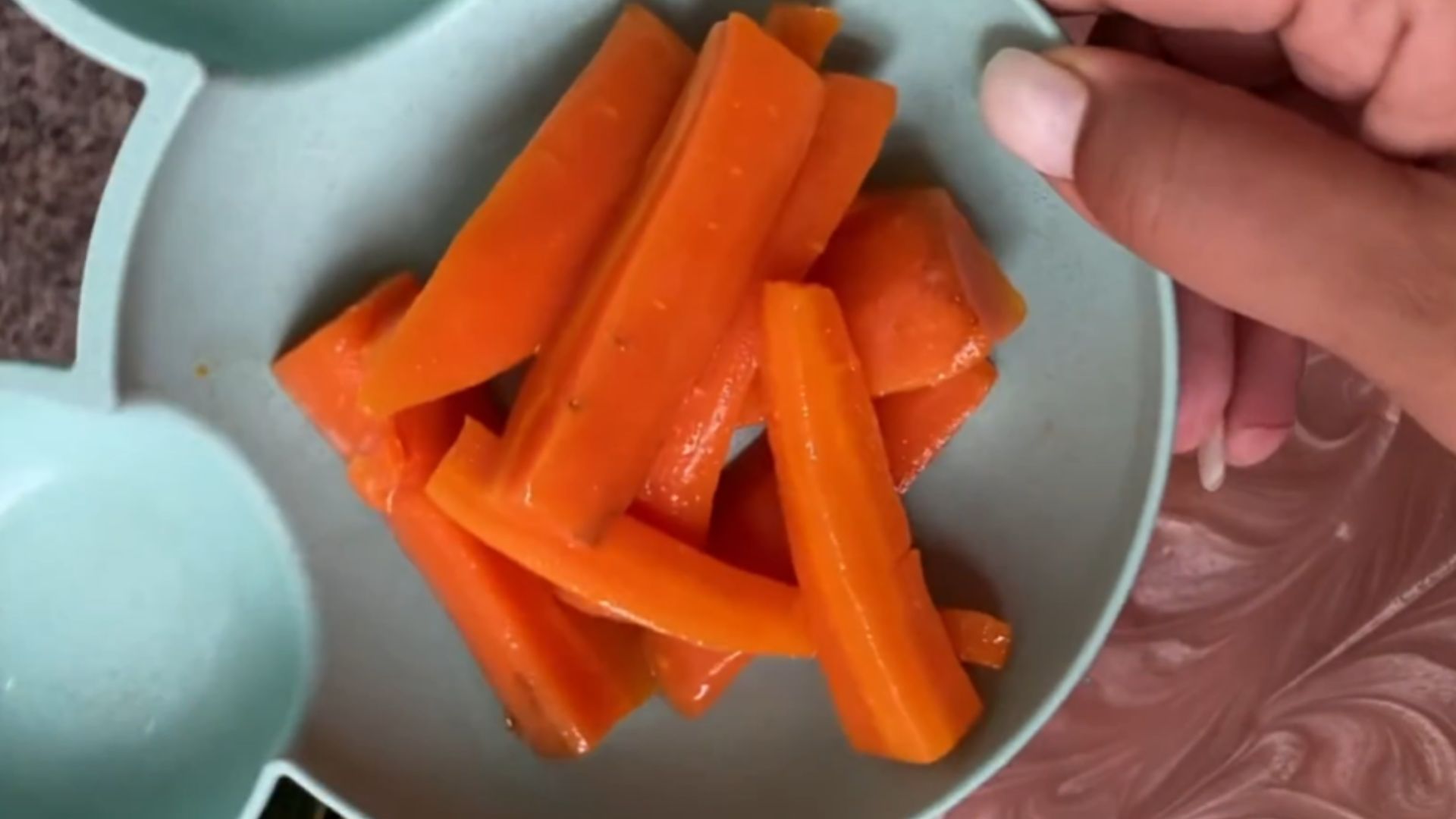 BUTTER TOSSED STEAMED CARROT FINGERS FOR BABY by ZingySpringy
BUTTER TOSSED STEAMED CARROT FINGERS FOR BABY by ZingySpringy
3. Smooth Nut Butter (Thinned Out)
You don’t have to avoid nuts entirely. Just serve them smartly. Turn that peanut/almond butter smooth by thinning it with water or breast milk. It will then be safe for your love. But first, serve a tiny portion and watch for any allergic reactions.
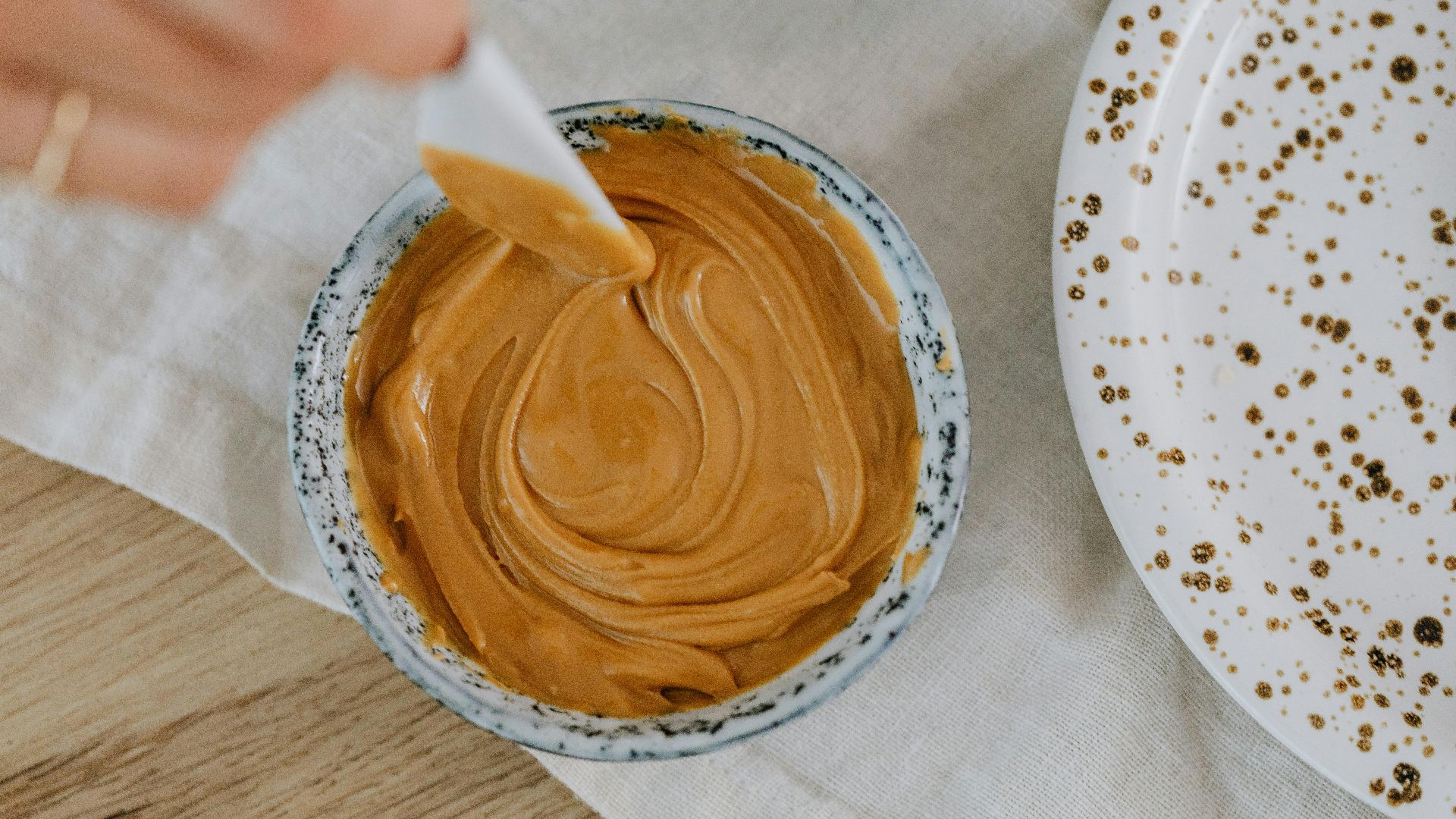 Photo By: Kaboompics.com on Pexels
Photo By: Kaboompics.com on Pexels
4. Soft-Cooked Chicken Shreds
Protein doesn’t have to be risky. Gently shredded chicken from a thoroughly cooked breast is easy for babies to chew and swallow, especially when moistened with broth. It introduces savory flavor and iron-rich nutrition without the choking danger of processed meats.
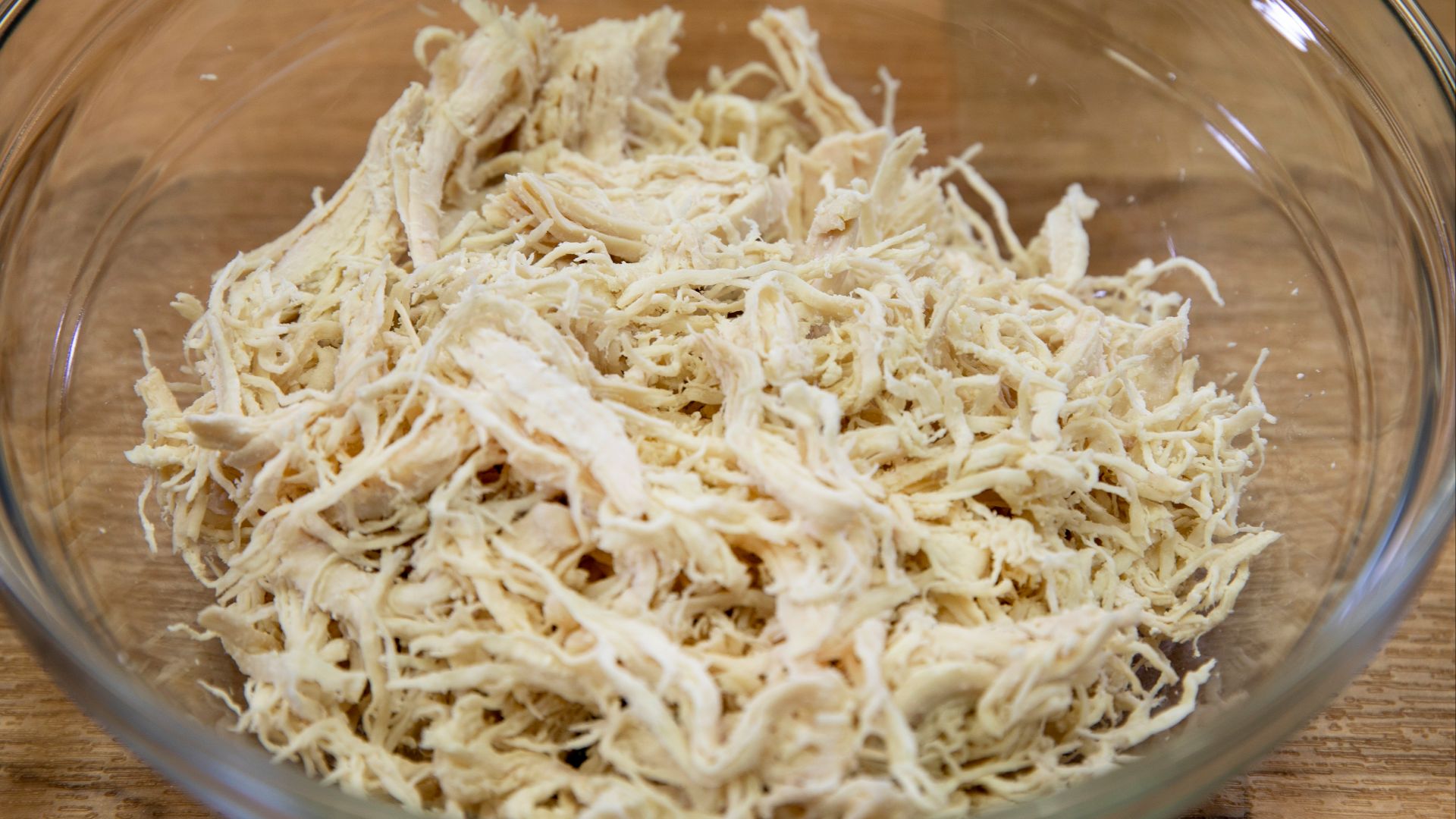 Alabama Extension on Wikimedia
Alabama Extension on Wikimedia
5. Avocado Cubes Or Mash
Nutrient-packed and ready to eat right out of the peel, avocado is a superfood for little ones. It’s loaded with healthy fats that support brain development, and its texture is ideal for spoon-feeding or self-feeding. No cooking, no seasoning—just slice and serve.
6. Scrambled Egg Yolk
Skip the whites at first and start with fluffy, fully cooked scrambled yolks. They’re rich in iron, choline, calcium, and good fats—all essential for growing brains and bodies. Plus, the soft texture makes them easy to mash and mix with veggies or grains for a heartier meal.
7. Cooked Oatmeal
Forget sugary instant packs—plain oats cooked with water or milk alternatives make a cozy, fiber-rich meal. You can blend it smooth for early eaters or leave it slightly lumpy for texture progression. It also pairs beautifully with mashed fruit like pear or banana.
8. Watermelon Slivers (Seedless & Soft)
A watermelon’s high water content will keep your baby hydrated, especially in hot months. Cut it into thin, soft strips with no seeds or rind. It’s a juicy way to introduce fruit. Always supervise and serve in age-appropriate shapes to keep it both refreshing and safe.
9. Full-Fat Yogurt (Plain & Pasteurized)
Creamy and probiotic-rich, full-fat yogurt supports gut health and calcium intake. Choose plain, unsweetened varieties made from pasteurized milk to avoid added sugars and harmful bacteria. It’s delicious on its own or mixed with puréed fruit for a baby-safe dessert or snack.
10. Mashed Sweet Potato
Sweet and packed with vitamin A, sweet potatoes make an easy win. Boil, bake, fry, or steam them until soft, then mash to a smooth consistency. It’s a filling, flavorful base for experimenting with veggies or even proteins later on.
KEEP ON READING
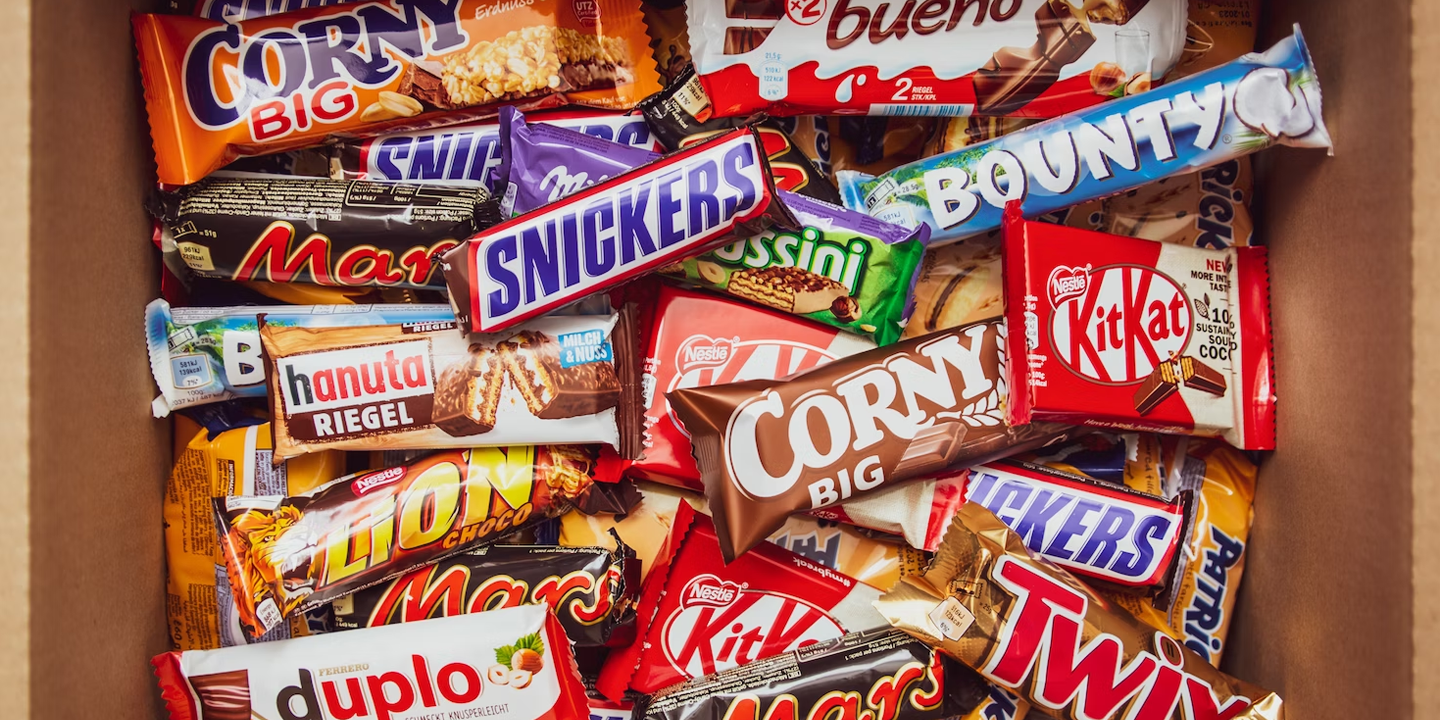
The Most Popular Chocolate Bars in the USA

Heal Your Gut: Prebiotics Vs Probiotics




